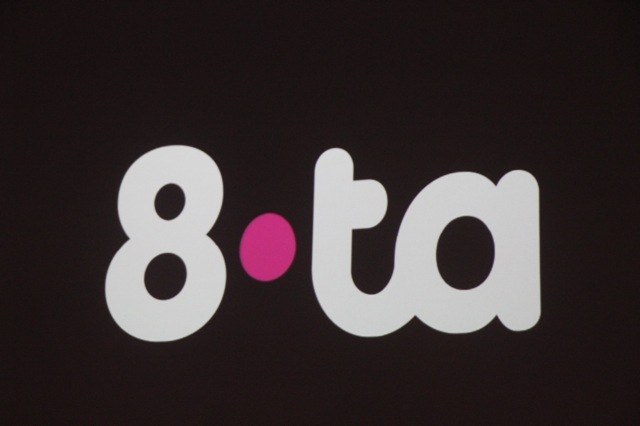
Earlier this week, Blue Label Telecoms, the largest distributor of prepaid vouchers and airtime in SA, revealed that 8ta accounts for well under 1% of its airtime revenues. Vodacom, MTN and Cell C contribute 53%, 34% and 10% respectively.
There was little doubt 8ta, which was launched in 2010 after Telkom disposed of its 50% stake in Vodacom, would have an uphill battle gaining market share. With the Vodacom and MTN brands so deeply entrenched in consumers’ minds, and with Cell C pouring hundreds of millions of rand into marketing its new corporate brand and network, it was never going to be an easy ride.
The market is mature, especially on the voice side, meaning 8ta would have to lure consumers across from the other networks. With a more limited coverage map and a marketing budget much smaller than its bigger rivals, it was always going to be tough going.
That 8ta is falling short of Telkom’s expectations is no secret. But can SA’s fourth mobile network make any meaningful impact in SA telecoms in the long term?
Irnest Kaplan, MD at Kaplan Equity Analysts, says it’s not necessarily a case of 8ta doing anything wrong, but “more of a function of the time at which it entered the market”.
He says consumers often forget that there are networks beyond Vodacom and MTN and that even Cell C has only recently begun to get traction in the minds of the general public.
Aside from the problems of brand awareness, Kaplan says 8ta has had problems with distribution and that while this is normal for a newcomer, MTN and Vodacom have had “many years to build deep distribution networks that go right down to the rural level”.
With the SA cellular market so saturated, 8ta has to look to churn — customers leaving other networks — for customers. “8ta has to offer a really compelling reason to switch, particularly for the high-spending segment of the market. Most customers won’t switch for a 10% discount on calls.”
The other problem 8ta faces is that it’s part of Telkom, and for many consumers that leaves a bad taste, Kaplan says. That connection alone will have some consumers assuming 8ta’s network isn’t as good as its competitors’. “Even low-end subscribers worry about the same thing.”
Kaplan says Telkom’s early predictions of capturing 15% of the SA mobile market are not only far too optimistic — as of September 2011 the company claimed 1,9% — but “those types of projections don’t say what kind of 15% share. Will it be the low-end of the income scale or the high-end? And if it’s a mixture, what portion is accounted for by which segment?”
8ta has said it hoped to leverage Telkom’s fixed-line serves by offering converged services, which suggests the move into mobile may be more defensive than an active assault on MTN and Vodacom, according to Kaplan.
Denis Smit, MD at BMI-TechKnowledge, says Telkom recently began recruiting for a new mobile MD when many thought senior managing executive Amith Maharaj was tipped for the position. Smit says this suggests the board wants stronger and more decisive leadership.
Though 8ta has engaged in aggressive pricing in an effort to win customers, Brian Neilson, research director and head of telecoms consulting at BMI-T, says Cell C has been similarly aggressive, even before 8ta’s entry to the market, and that Vodacom and MTN have gone some way to responding to 8ta’s offerings “which dilutes their effect”.
While an active subscriber base of 1,1m isn’t to be scoffed at, and 8ta certainly reached the 1m milestone in less time than it took Cell C, what is worrying is that of these subscribers more than 882 000 are prepaid users, and the average revenue per prepaid user in Telkom’s last set of financial results in September 2011 was R20,47. This is a fraction of the figures enjoyed by its rivals.
8ta has been very aggressive in its pricing and in its marketing campaigns, but the question is how long it can keep pouring money into building market share.
It will have to keep investing in advertising and promotions and needs to do this before it can even consider trying to improve average revenues per user.
Also, it’s going to have to work hard to win over the big spenders, because most of the people going to 8ta at present are clearly those looking for deals, and these are also often the most price-sensitive users who are just as likely to leave when there’s a better offer elsewhere. — Craig Wilson, TechCentral
- Subscribe to our free daily newsletter
- Follow us on Twitter or on Google+ or on Facebook
- Visit our sister website, SportsCentral (still in beta)




